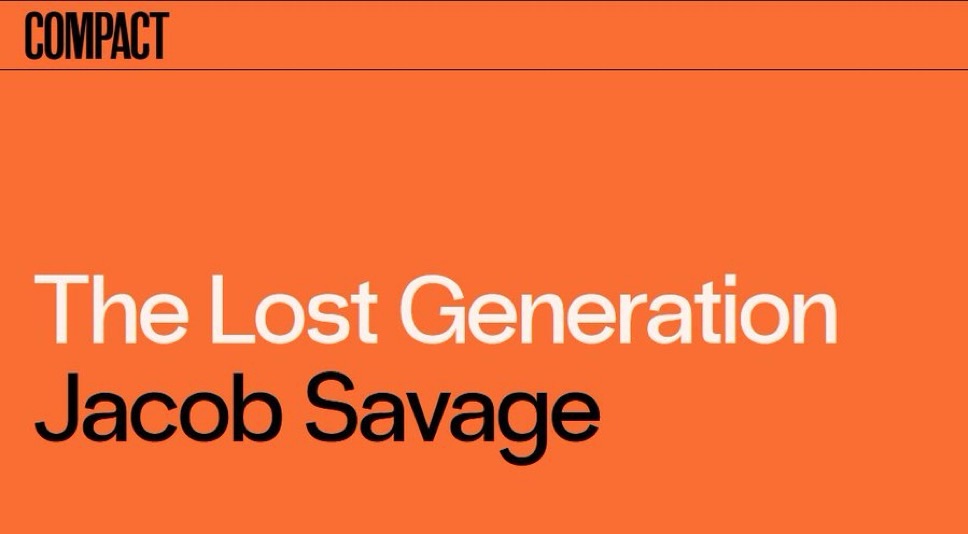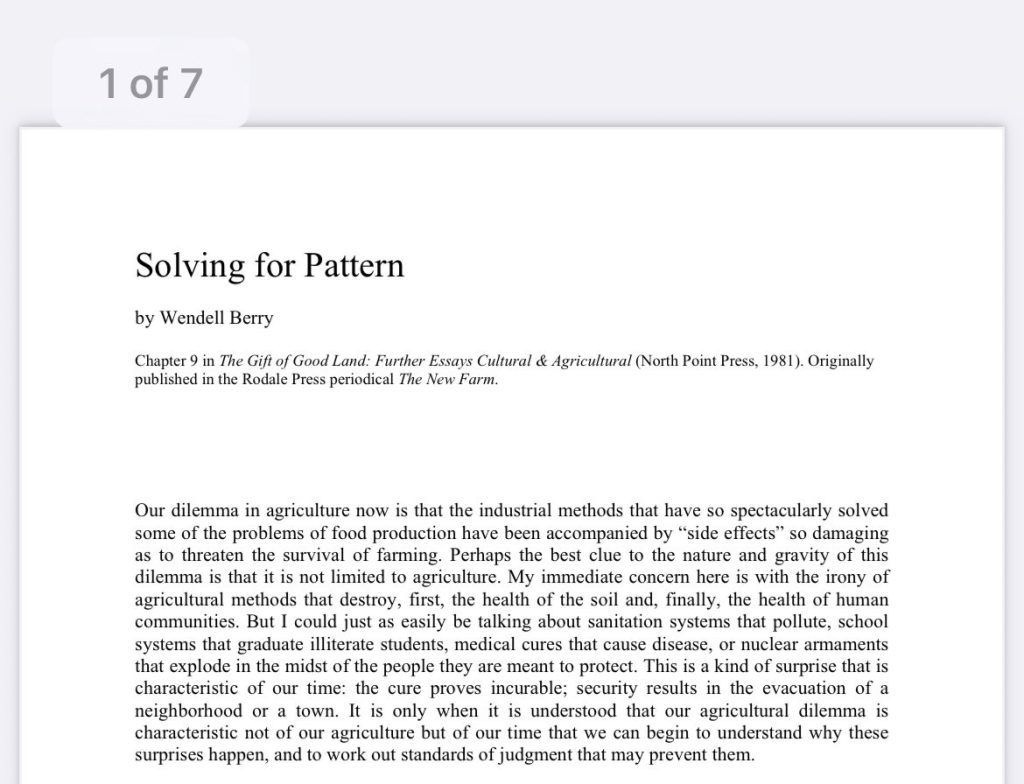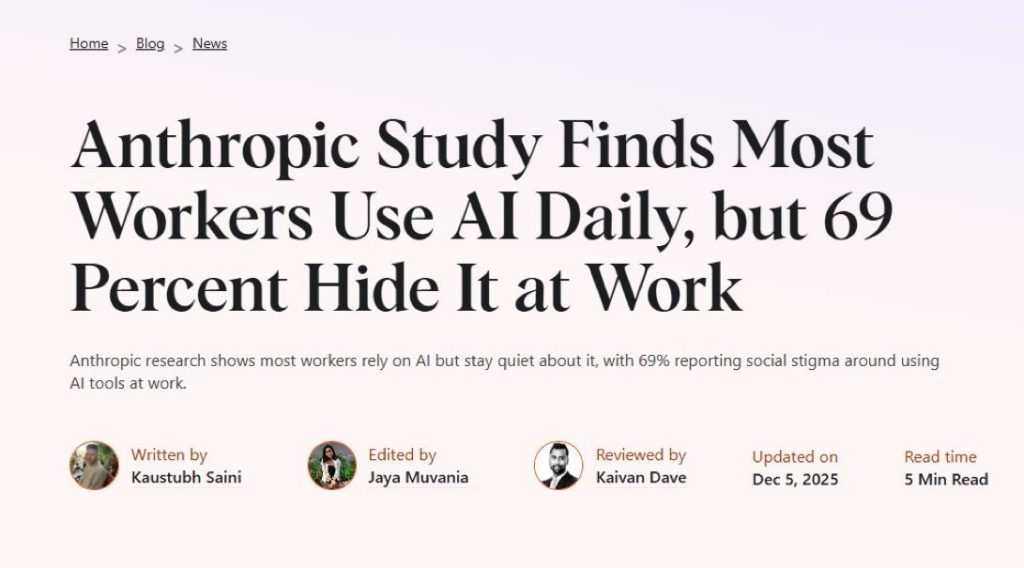There can only be one. One white boy. Oh no, sheesh we didn’t mean in the department. What on earth have you been reading? There is room for everyone to have a seat at the table in our modern world. Just one seat though. Were you expecting there would be more?
There can only be one Highlander. You know, the Scottish warrior Connor Macleod who is part of a race of immortals who must battle it out, do not age and only die if their head is taken? There can only be one of him. Except it’s a whole race. I don’t know how that works to be honest.
Immortals are driven to fight each other in “The Game,” where each beheading transfers power via a mystical energy surge called the Quickening, with the last survivor destined to win “the Prize,” a vaguely defined ultimate power. via Wikipedia
This very popular 1986 movie set between 1630s Scotland and 1980s New York City somehow turned into a mega-franchise with spin-offs and animes. It didn’t start out that flashy. I mean really look at how much content they had to pack into this poster to get people into the theater.

These days content usually the other direction, from anime to tv show to movie, but such was the power of Hollywood and its capacity for distribution in the eighties. Being a Baby Boomer movie director seems like it might have been a trip.
Things are not so rosy for the profession these days. Especially if you are a quirked up white boy like Duncan. We’ve lost them you see. This is a source of much consternation in the discourse. The children of the Higherlander generation definitely thought they would be more than one winner.
We’ve lost a whole generation of white men to diversity initiatives (launched by other white men) even though the lore being produced (by said white men) that white men were rightly battling it out for just one seat. The prize of real ultimate power seemed pretty clear. There can only be one.

Or at least this was the premise mythical of stories from ranging legendary Arthurian kings to actual Caesars of the Roman Empire. There wasn’t a team of Alexanders Who Were Pretty Good. The prize of real ultimate power is the stuff of myth. Sure actual power sharing is more complicated but humans love a final boss.
The American white boys (probably Ulster Scots) are suffering for the widening power sharing agreement reached in the great awokening diversity initiatives of the last generation. And no one even bothered to tell them until their hit middle age and didn’t end up as Highlander. We mostly told them it sucks to suck. You racist little shits just can’t compete.
I gather it wasn’t so bad when your enemy was other quirked up white boys. I don’t emotionally understand why as I was always expecting to have one seat as a token white girl. I must be less bothered having had lowered expectations. There is only one queen right? But there are lots of handmaidens if you are lucky.
Now if you want to be the Highlander you have to fight the whole globe. Highlander might be an Indian girl or a trans Guatemalan. That damned Netflix always caving in to the social expectations of elites forcing their luxury beliefs onto the suffering under class of millennial white boys. Didn’t you read JD Vance’s book? The American underclass is dysfunctional and suffering. They deserve it right?
But did they suck? Ah now that it’s too late we finally get to have the conversation about having deliberately changed the demographics of the elite winners of the Prize in American.
Which I assume is a wife, two kids, split level suburban home and a compact car. They weren’t expecting to be king. Maybe king of the cul-de-sac. And if you were forty in 2014 you didn’t get that. Well some of them.
Millennial American white boys expected they would have more seats at the table (having mostly seen themselves in power) rather than fighting it out to be Highlander.
Which is weird since I assume they saw the same movies, tv shows and animes as the rest of us. It’s hard out there for everyone. And the great game includes Everyone.

Zoomers get it. Shame it requires so much beheading. We’d better divvy up the spoils a bit more before the Highlander comes for our heads eh? Come on, at least give the boys a pilot or a term sheet or a job offer before this gets ugly. Just ask JD Vance.



